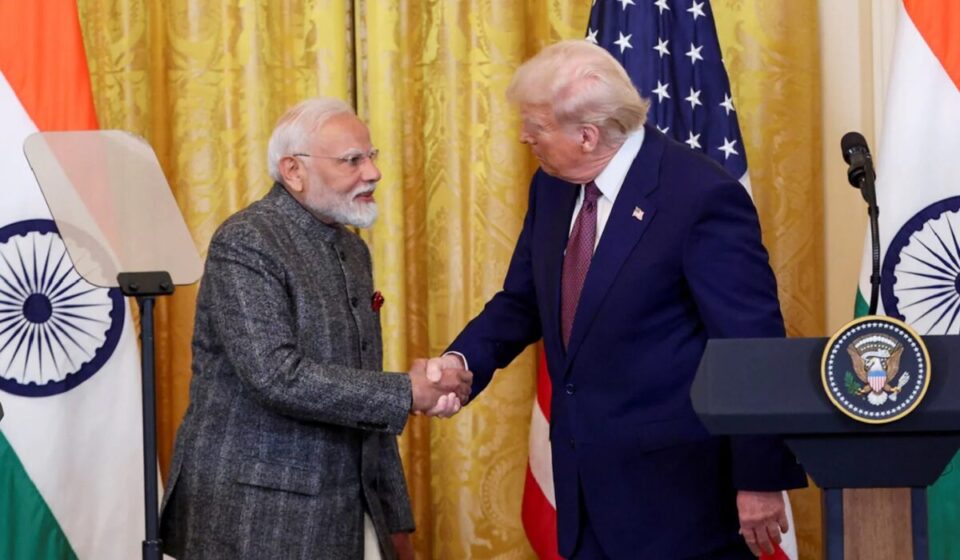India is leveraging a 90-day pause on new U.S. tariffs, announced by President Donald Trump on April 2, 2025, to accelerate free trade agreement (FTA) negotiations with key global partners. The government aims to secure better market access for Indian goods, enhance export competitiveness, and support its $2 trillion export target by 2030.
The tariff suspension, which halted a 26% levy on Indian exports (excluding pharmaceuticals, semiconductors, and gold), eases pressure on India’s $76 billion goods trade with the U.S., its largest single-country market in FY24. This window is being used to diversify trade partnerships and reduce reliance on any one market.
India is prioritizing FTA talks with several partners:
- European Union (EU): Following the 10th round of talks in March 2025, India and the EU aim to finalize a deal by year-end. With $124 billion in goods trade in 2023, India seeks lower tariffs on textiles (12-16%) and pharmaceuticals while addressing EU demands for reduced duties on automobiles.
- United Kingdom (UK): Resumed talks in February 2025 target doubling trade from $20 billion, focusing on IT, apparel, and pharmaceuticals. Key issues include visas for Indian professionals and UK tariff cuts on whisky.
- Canada, Qatar, and Others: India is advancing talks with Canada, Qatar (eyeing $28 billion in trade), Israel, and the Eurasian Economic Union to diversify markets.
- ASEAN Review: Renegotiations of the 2009 ASEAN-India Trade Agreement aim to fix trade imbalances and boost exports like electronics.
The strategy focuses on reducing barriers for key sectors:
- Textiles: Duty-free access to markets like the EU to support 45 million jobs.
- Pharmaceuticals: Streamlined approvals to grow India’s $25 billion export market.
- IT and Services: Easier mobility for professionals in the UK and EU.
- Agriculture and Auto: Better access for marine products and auto components while protecting sensitive sectors like dairy.
The government is cautious about a comprehensive U.S. FTA, favoring a limited tariff deal to shield agriculture and small businesses. Challenges include non-tariff barriers, like EU sustainability rules, and misuse of existing FTAs, with Chinese goods entering via ASEAN partners. To counter this, India is strengthening rules of origin, upgrading trade infrastructure, and consulting industry to align FTAs with domestic needs.
Successful FTAs could drive significant growth, as seen with the India-UAE deal, which boosted exports 11.8% to $31.3 billion in FY23. An EU FTA could add $50 billion to trade, and a UK deal $15 billion by 2030. Lower input costs would also benefit manufacturers and consumers.
As the tariff pause ends in July 2025, India’s ability to secure balanced FTAs will be critical to sustaining export growth amid global trade volatility.


